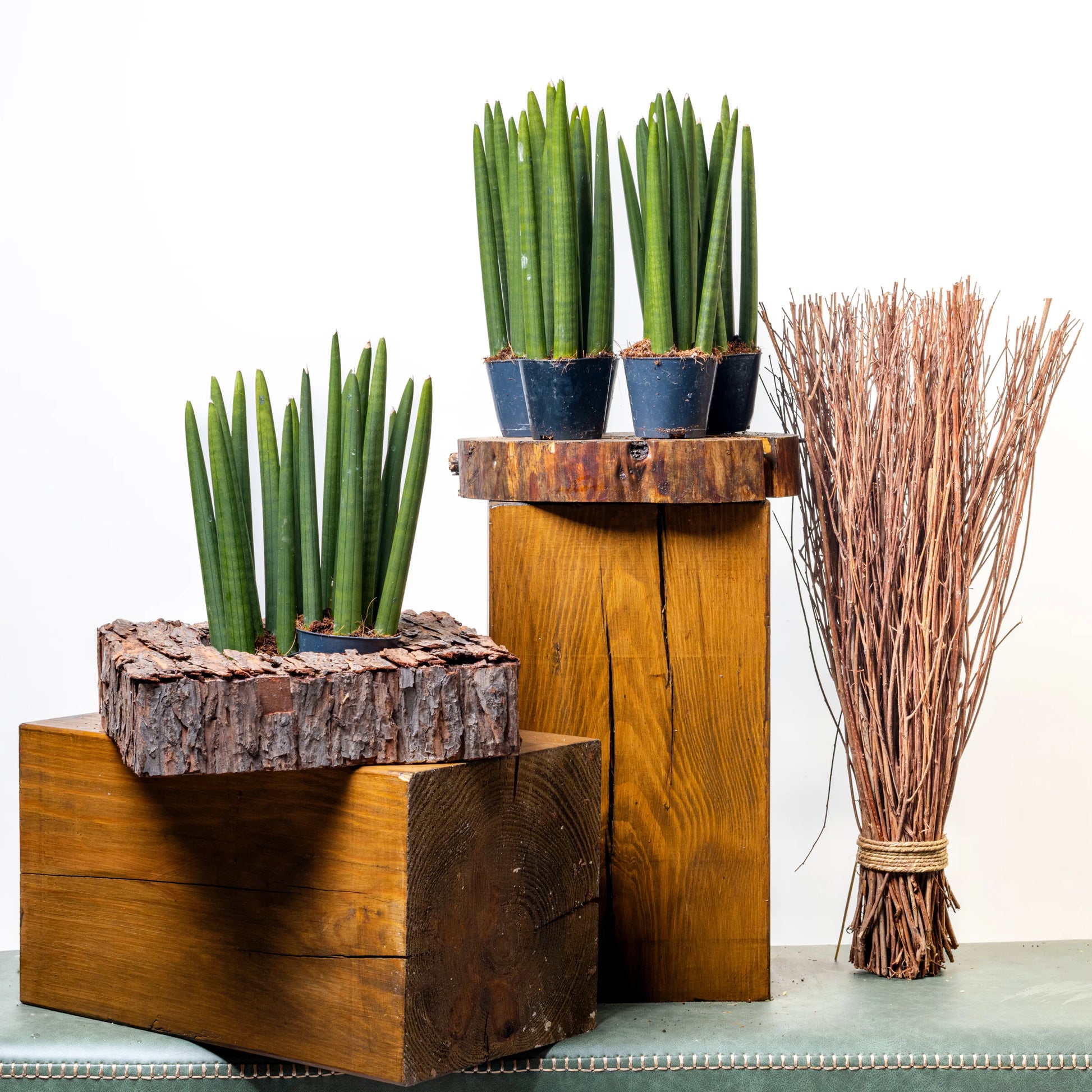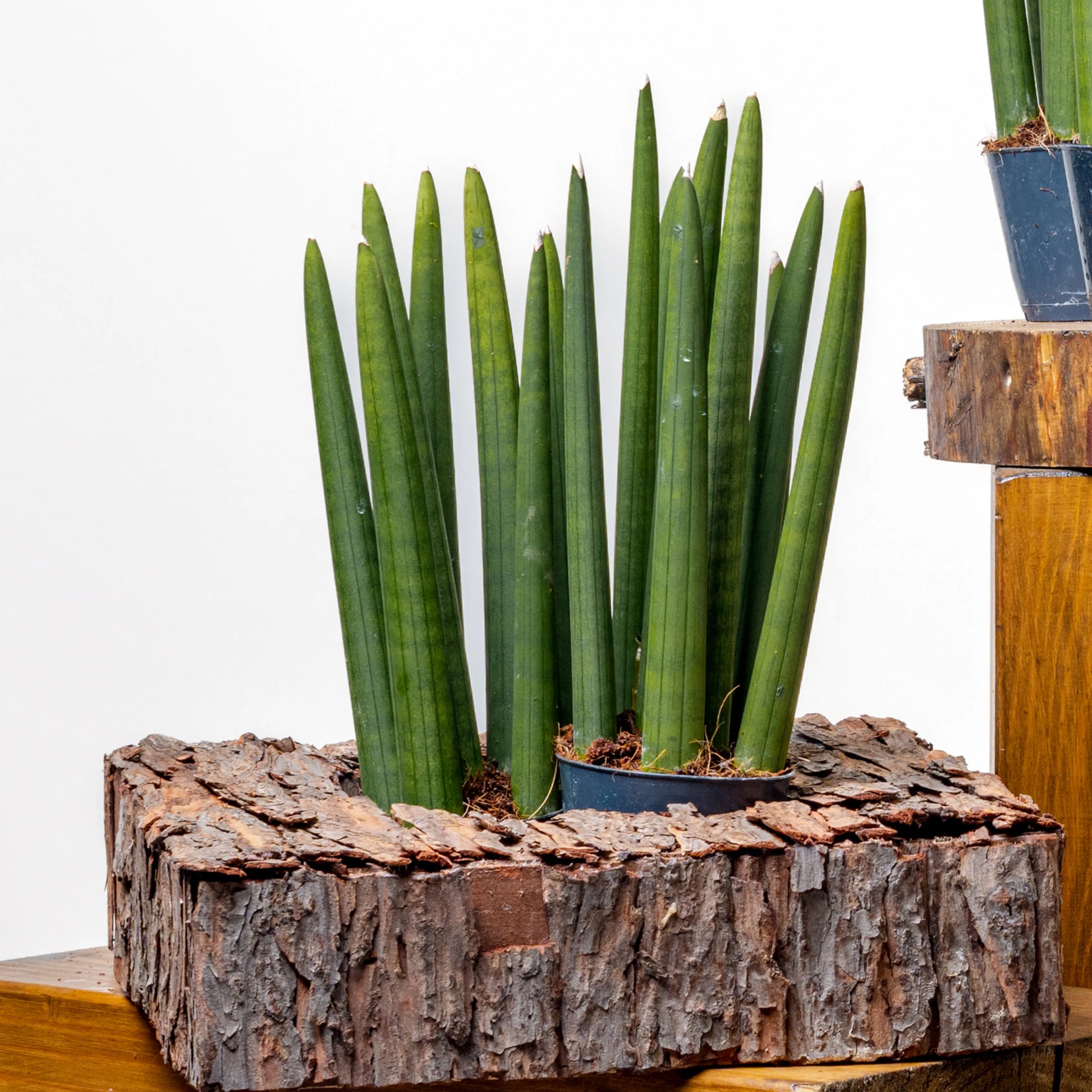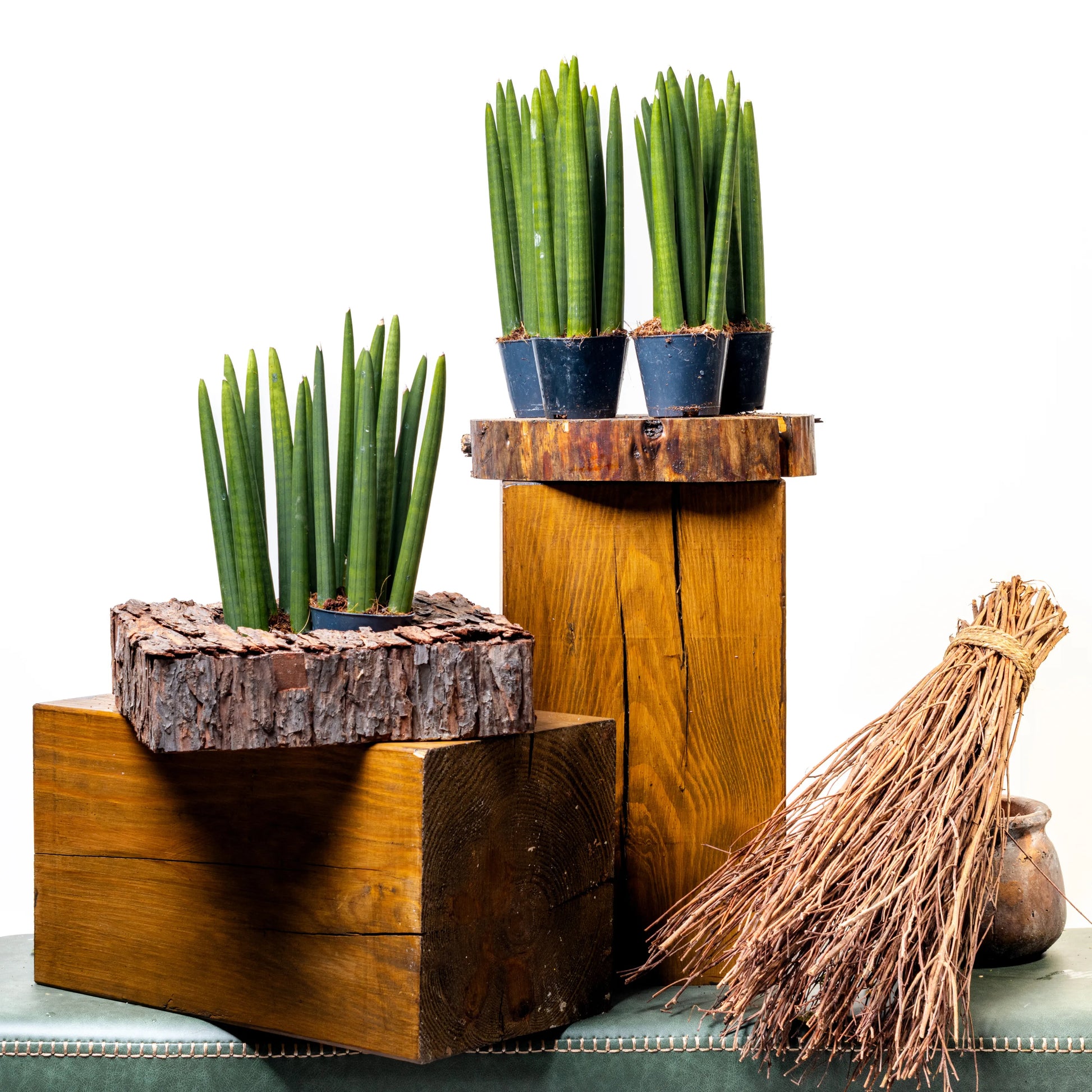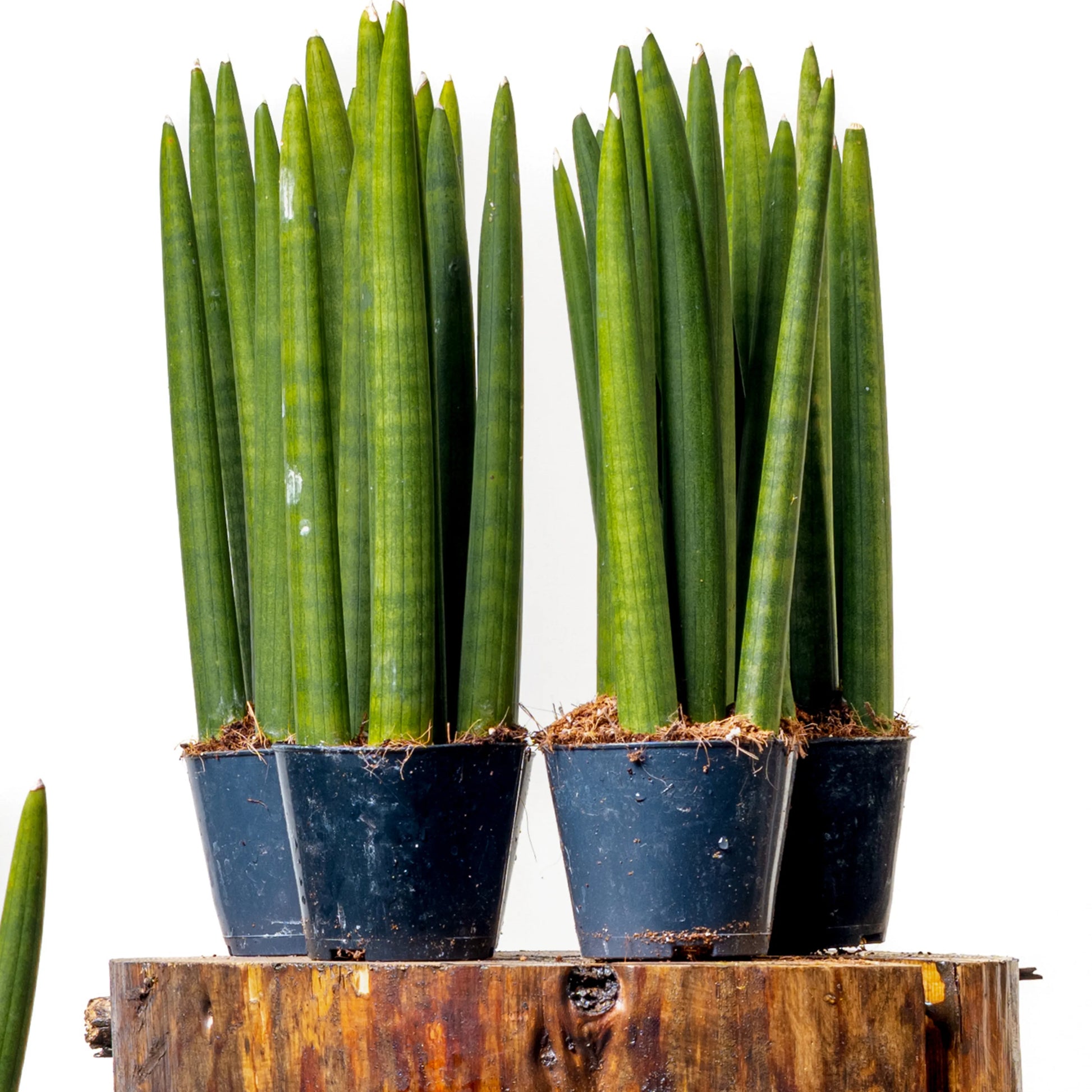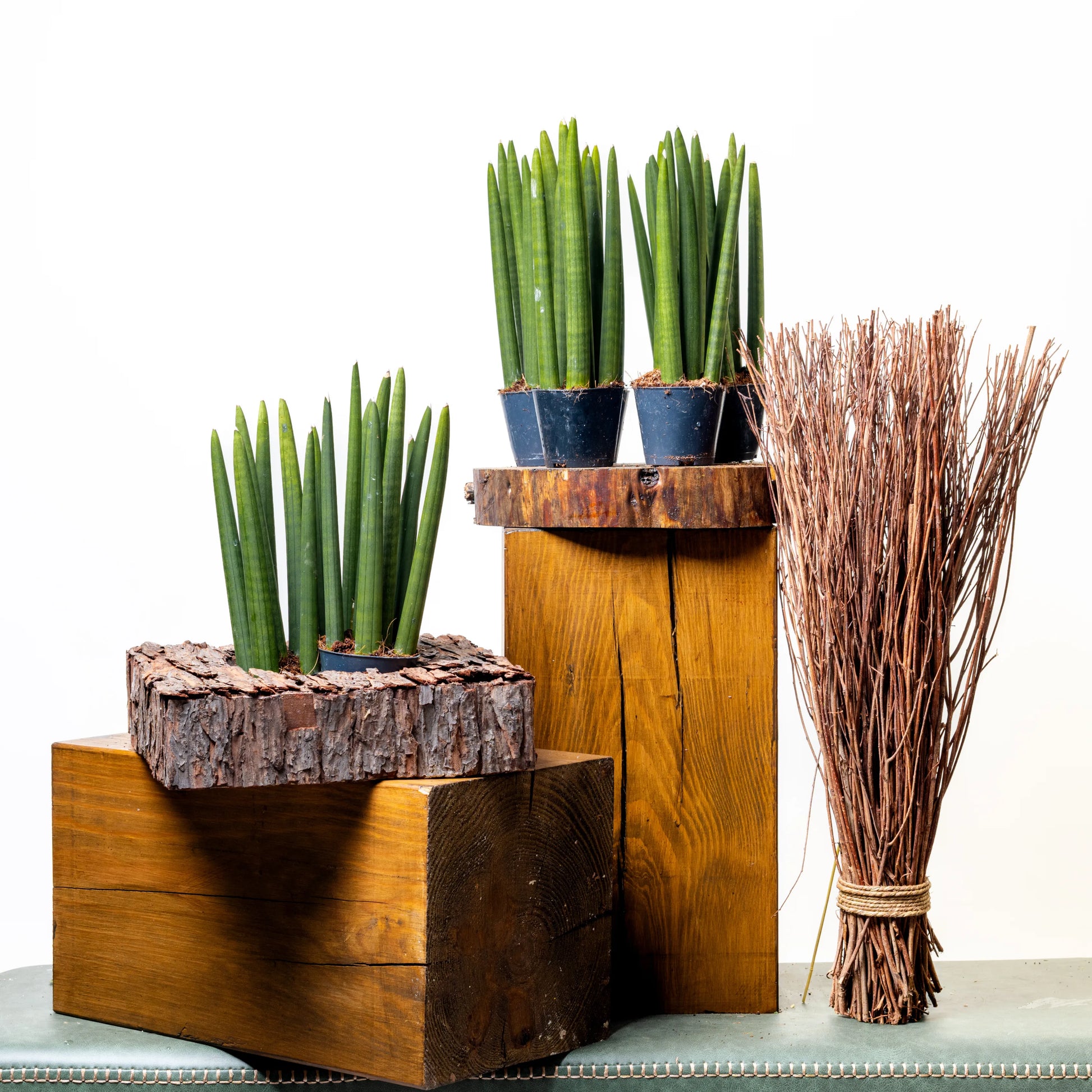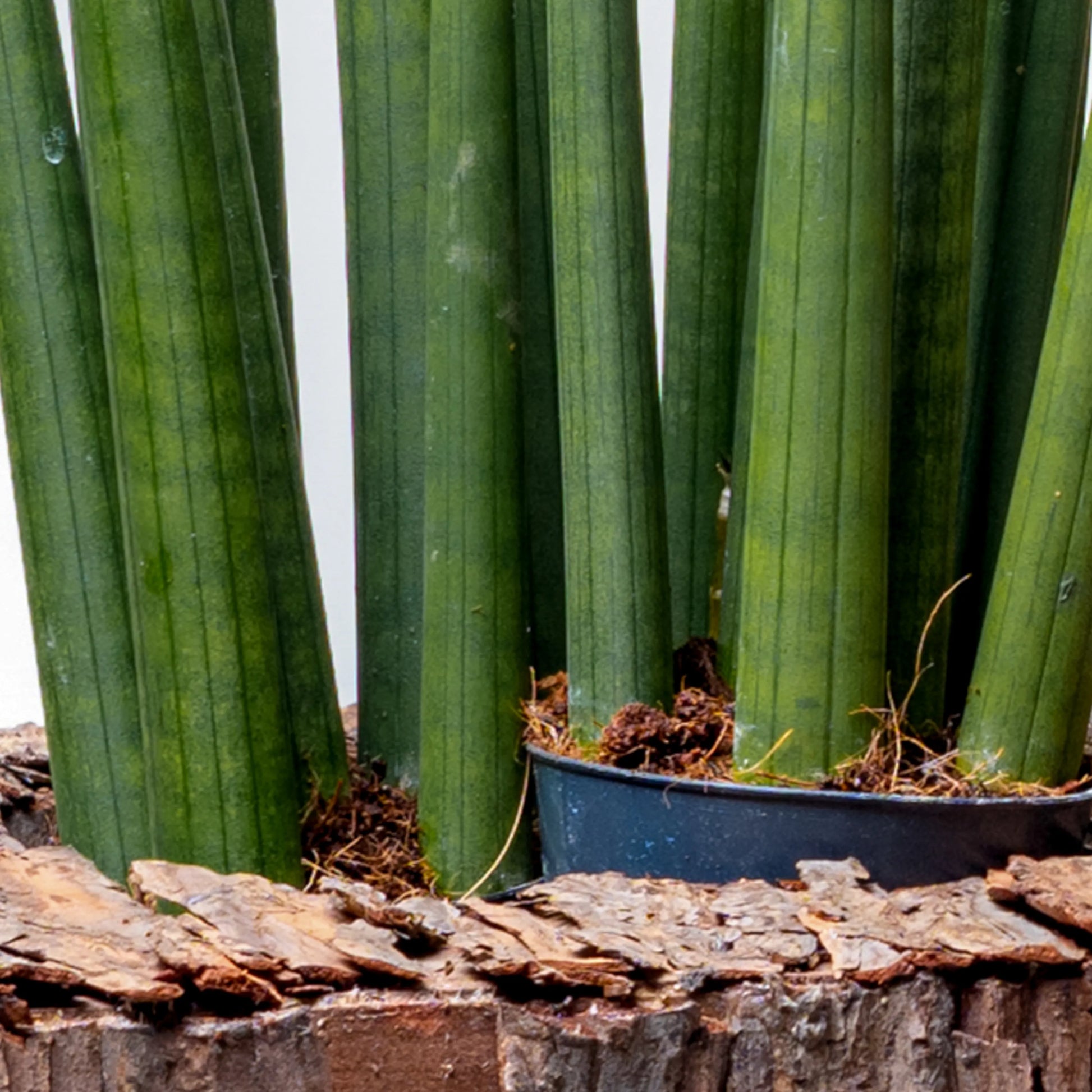Sansevieria Cylindrica
Sansevieria Cylindrica
Couldn't load pickup availability
Popular as an ornamental plant, the Sansevieria cylindrica is distinguished by the shape of its leaves, caused by a type of genetic flaw. The term cylindrica in its scientific name (Sansevieria cylindrica) refers to this peculiarity. Fibers can be extracted from the foliage of the Sansevieria cylindrica to manufacture an alternative material to plastic and wood.
Difficulty Care
Difficulty Care
Easy
Ideal Temperature
Ideal Temperature
George's spear is native to tropical regions of Africa and is therefore not cold-hardy. The best temperature to grow it is between 15 to 30 ℃, while the winter temperature should ideally not drop below 10 ℃.
Watering
Watering
Native to arid regions, George's spear has adapted to thrive with minimal moisture, exhibiting high drought tolerance. Its succulent nature allows it to store water efficiently, requiring occasional watering only once every three weeks to maintain its vigor.
Light
Light
George's spear thrives in partial sun environments where it receives bright, indirect sunlight. Although George's spear has a high tolerance for varying light conditions, including full sun and full shade, optimal growth and health are achieved with consistent exposure to indirect sunlight for several hours per day. Excessive direct sunlight can lead to leaf burn, while too little light can result in spindly growth and reduced vitality.
Soil
Soil
George's spear thrives in well-drained soil, avoiding waterlogging that can lead to root rot. A suitable soil mix includes two parts succulent and cactus soil, one part perlite, and one part coarse sand. If perlite is not available, substitute pumice or fine gravel.
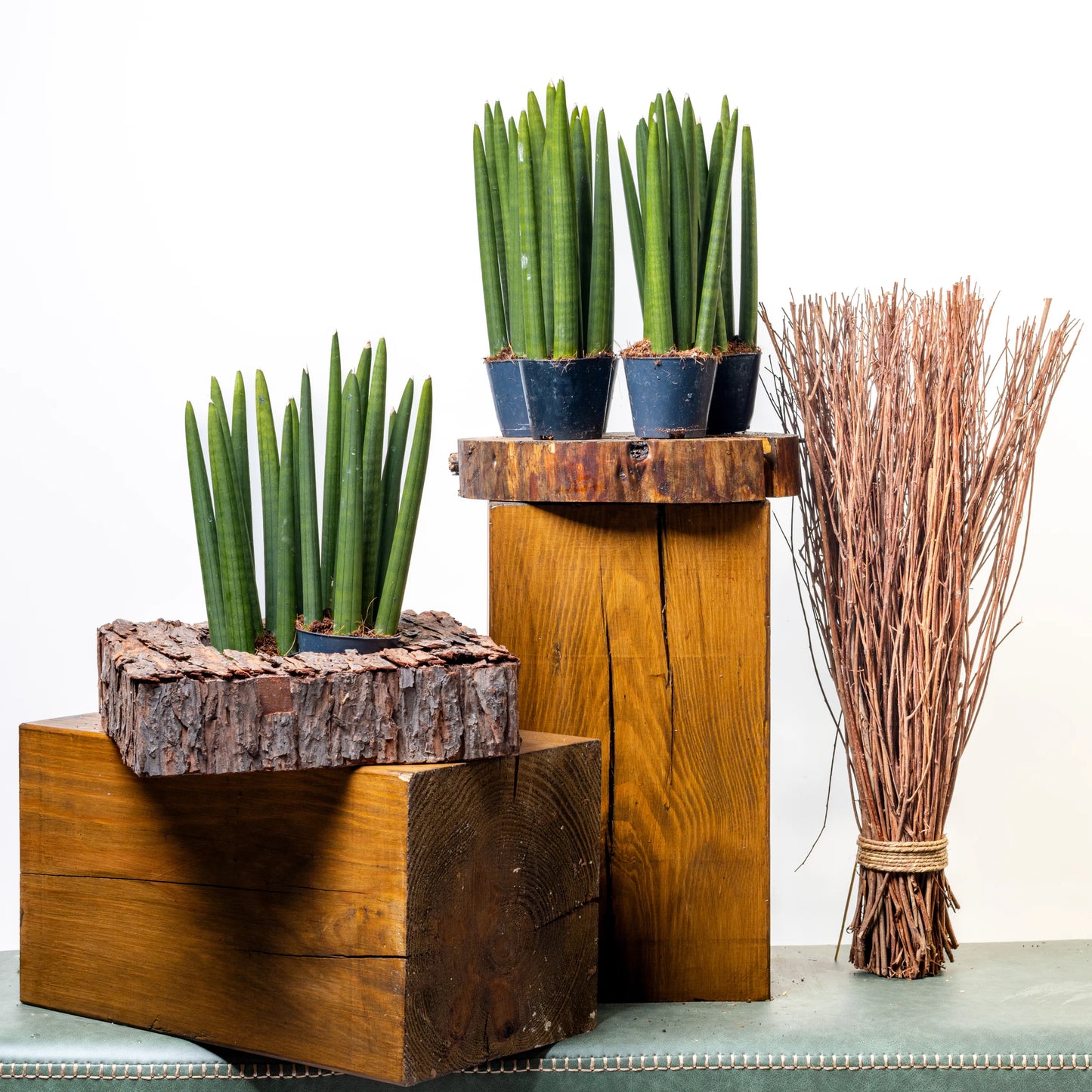
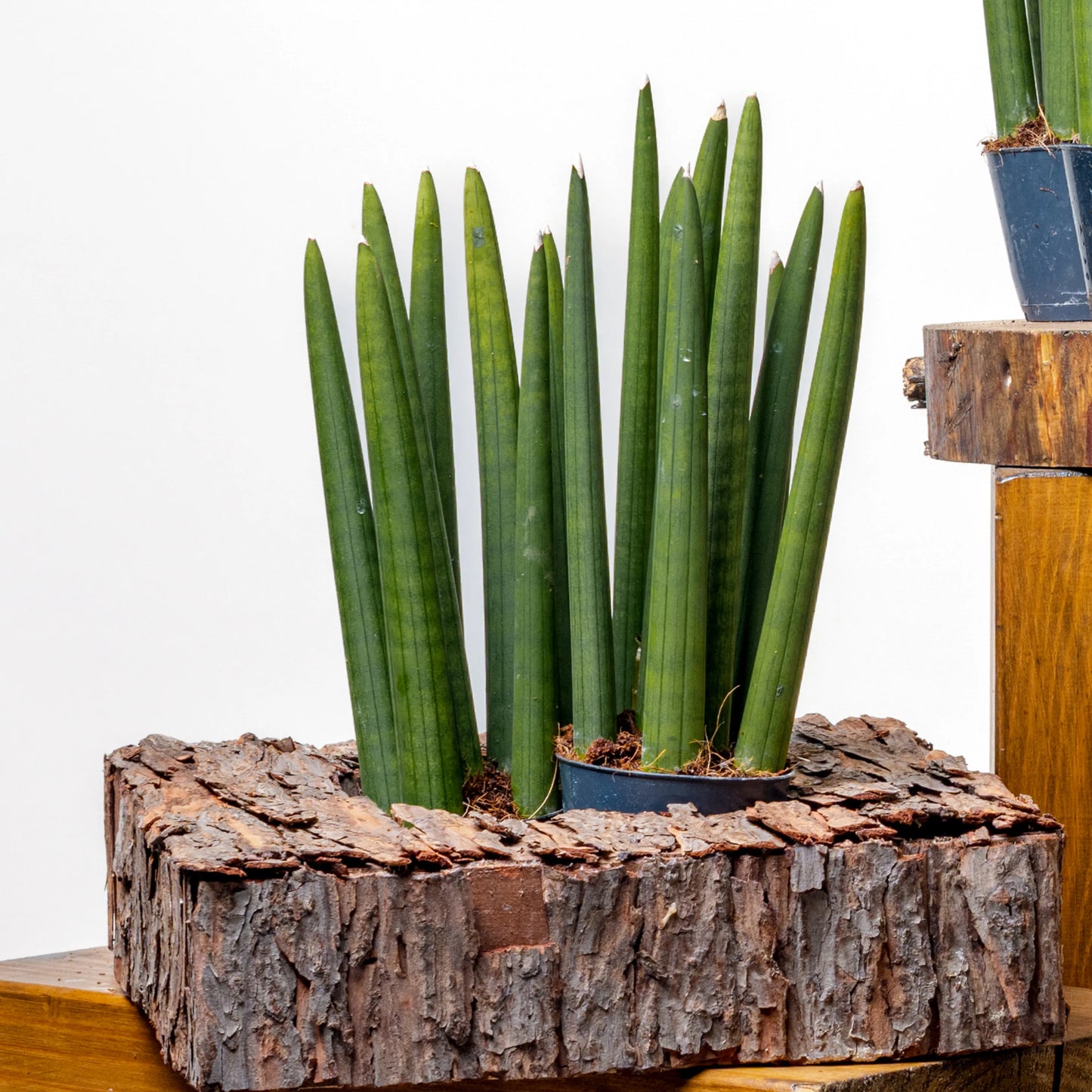
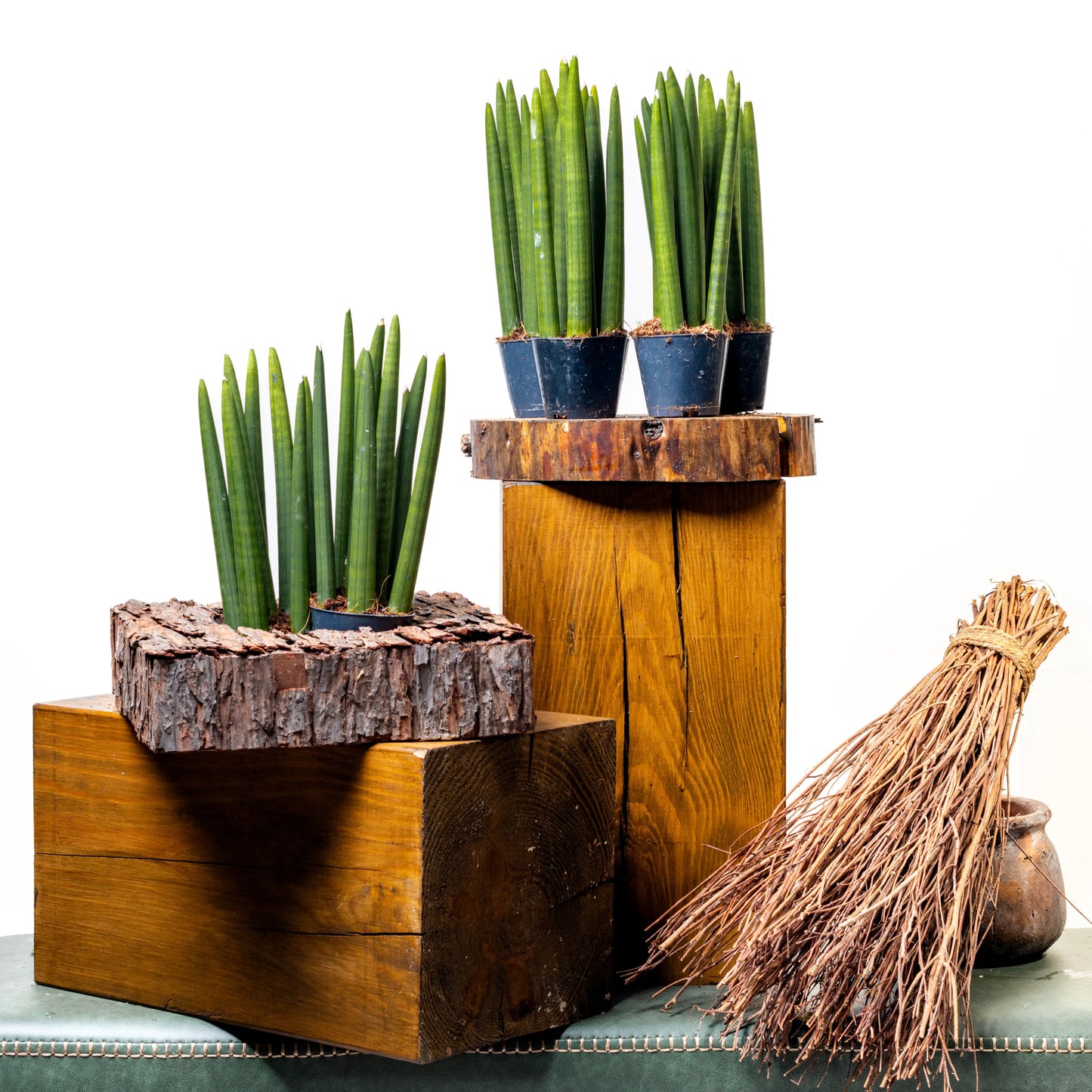
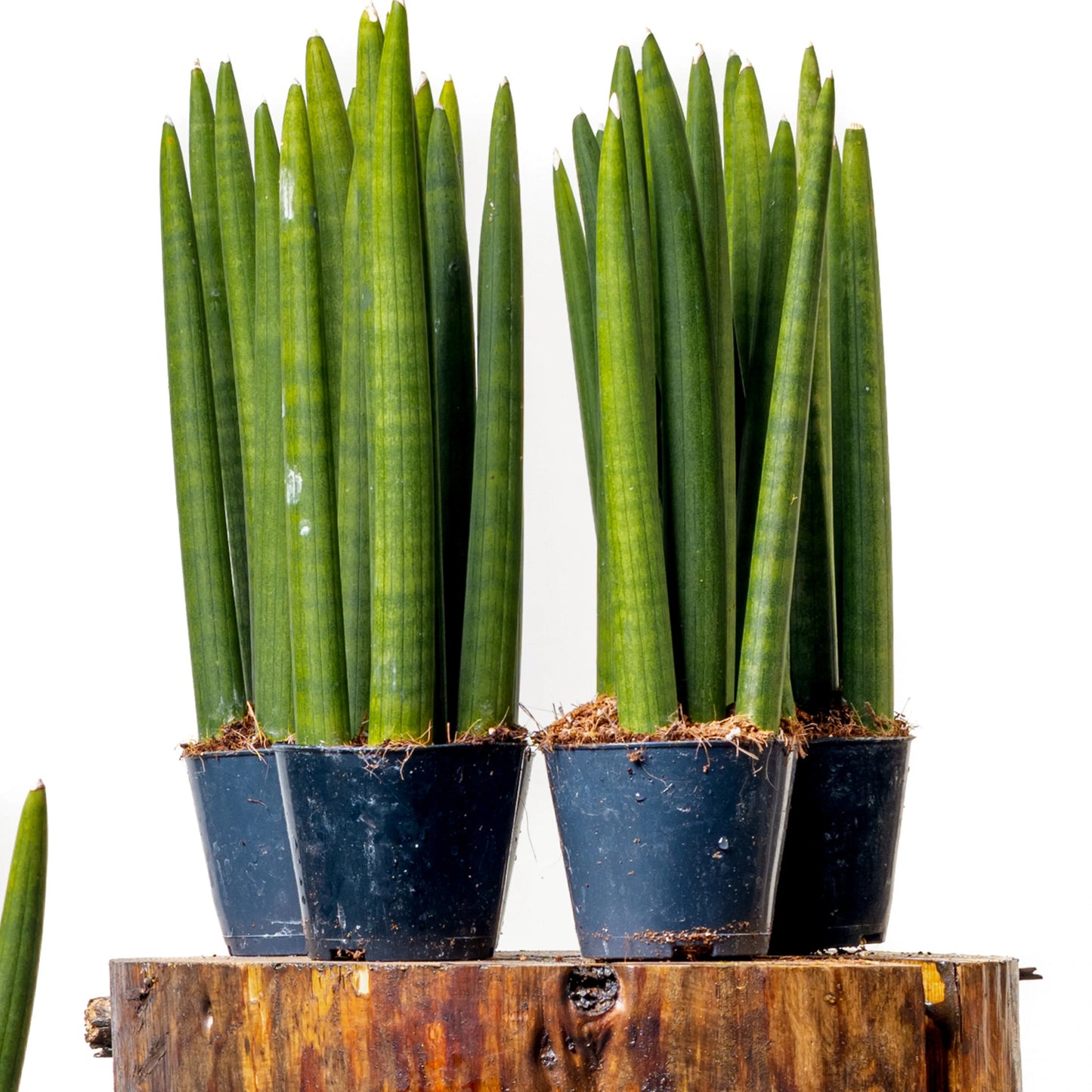
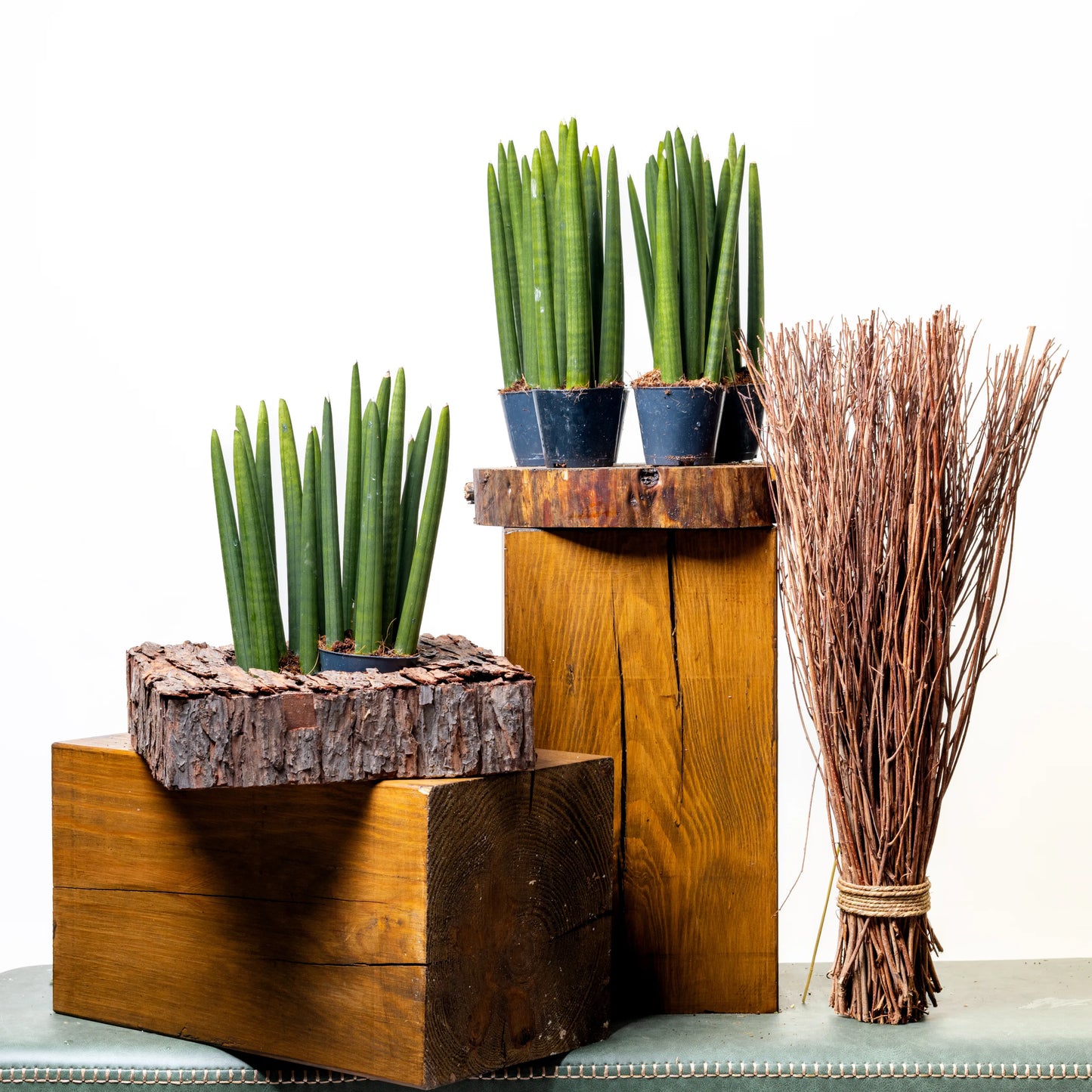
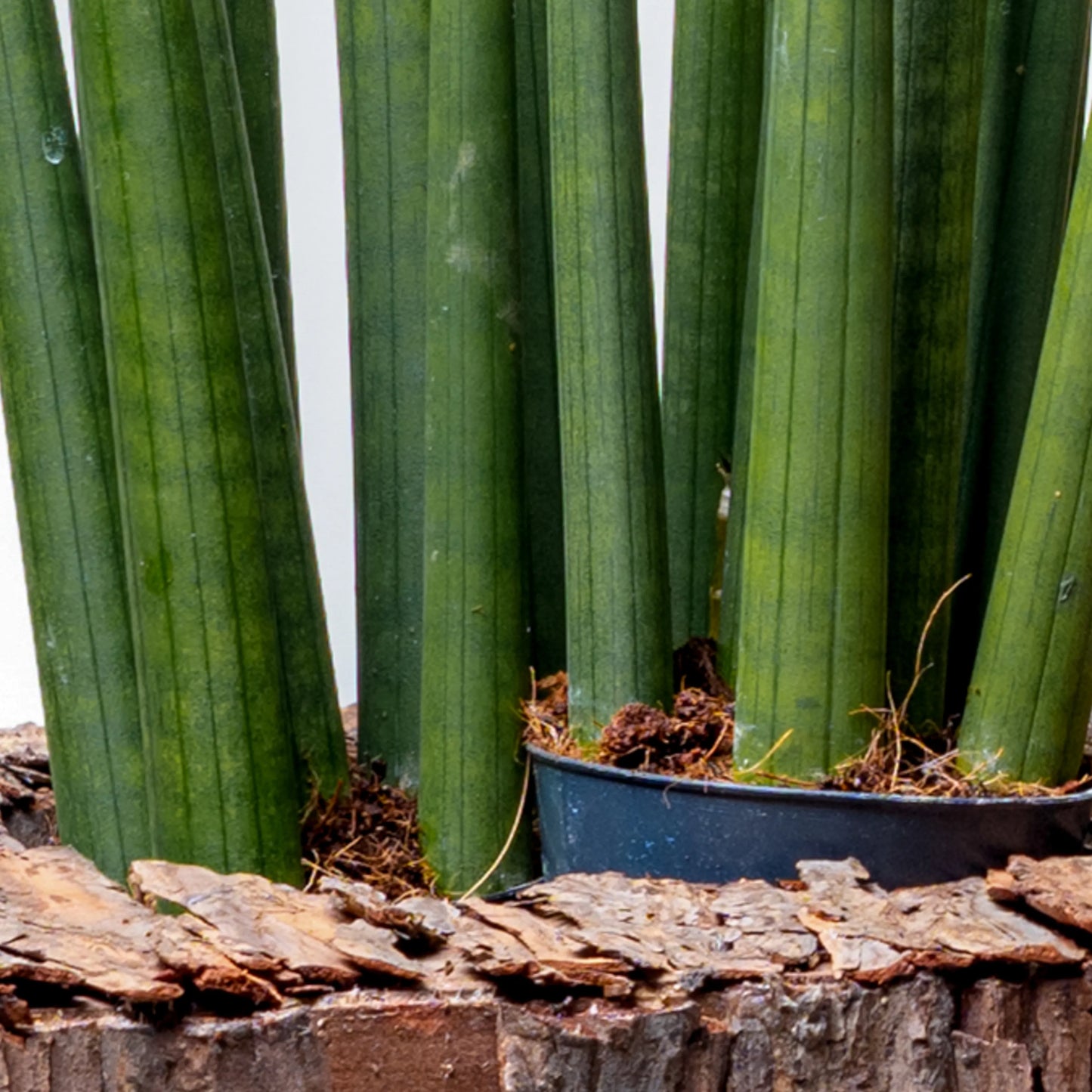
Other Information
Scientifically, Sansevierias are great plants to have at home. According to research by NASA, these are species with a high power of filtering pollutants. Dust, soot and even chemicals that we have inside the house pass through the leaves of this plant and make the air in the environment cleaner.

